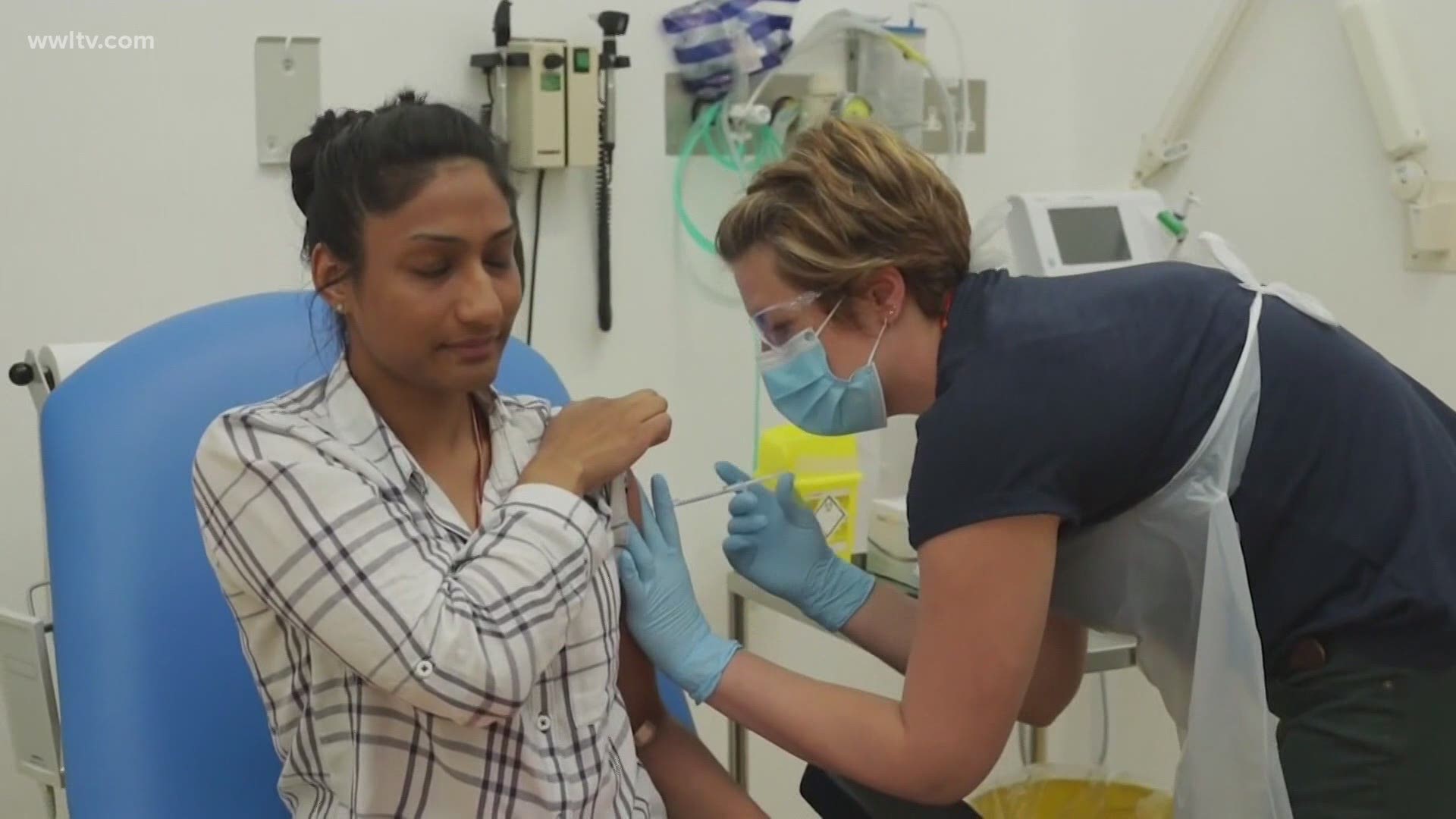NEW ORLEANS — Now that more and more people are getting their COVID vaccines, especially those most at risk for getting very sick, when could our lives start getting back to normal.
There are things the vaccine can and can't change, along with some unanswered questions.
Let's start with what we know about the COVID vaccine. It is highly effective to prevent severe sickness, but we don't know if it prevents getting the virus and spreading it, nor do we know how long it protects you.
“It could be a matter of years. We're hoping and there is some indication that it's not going to be like the flu vaccine, that it is going to be longer,” said Dr. Patrick Delafontaine, the Executive Dean of the Tulane University School of Medicine.
We know the virus mostly hurts seniors and people with certain chronic health conditions. That's who's being vaccinated now. So doctors are hoping and expecting to see hospitalizations and deaths go down in that vulnerable group.
“And then we'll know that the vaccine is having the impact that we expect it to have in the community, and that would probably start hopefully showing up in March,” said Dr. Susan Hassig, a Tulane Associate Professor of Epidemiology.
So when the high-risk community is vaccinated, but those unlikely to have symptoms or get sick are not vaccinated, do bars, restaurants and schools stay closed?
“Honestly, I think there's a delicate balance there at what point do you, I think that's a valid point,” said Dr. Delafontaine.
But the doctors point out there are still low risk people with poor outcomes to consider, like the late congressman-elect Luke Letlow. And other people have long term health side effects.
At least 40 percent of people don't plan to get the vaccine, yet we keep hearing 70 to 80 percent of us need the vaccine for community protection or herd immunity.
So you're going to have a lot of people who refuse to get the vaccine. At what point do we go on living our normal lives and not wait for the people who choose not to get a vaccine?
Dr. Delafontaine says there is no easy answer for that at this time, because of all the uncertainties.
“We're at a little bit of a quandary right now in terms of what the impact of these vaccinations are going to have on transmission,” said Dr. Hassig. “That, I think, plays an important role in when is it enough.”
And as doctors learn more, answers to our questions will become more clear.
Vaccines are not mandated right now, but the doctors speculate if jobs or entertainment venues start requiring them, that could be an incentive for more people to get one.
More Stories:
► Get breaking news from your neighborhood delivered directly to you by downloading the new FREE WWL-TV News app now in the IOS App Store or Google Play.

